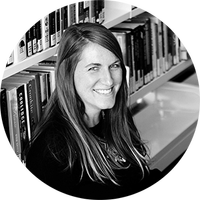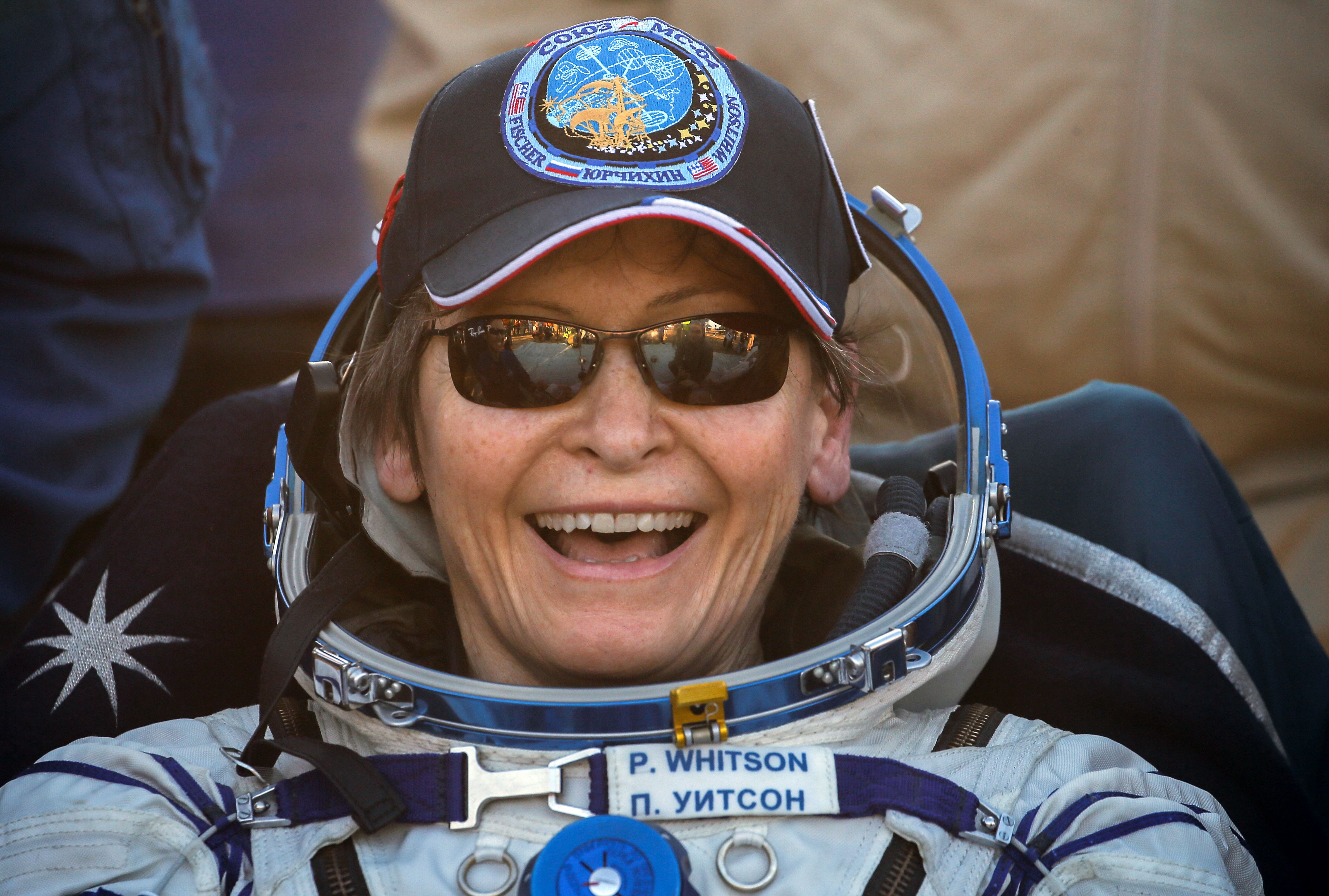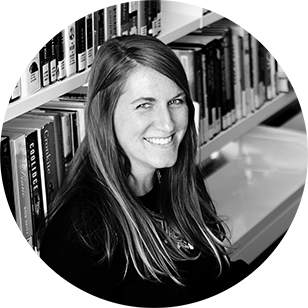NASA astronaut Peggy Whitson's 5 tips for success
She was told 'no' 10 times. Nevertheless, she went to space.


A free daily email with the biggest news stories of the day – and the best features from TheWeek.com
You are now subscribed
Your newsletter sign-up was successful
Peggy Whitson likes to break records.
Late last year, the NASA astronaut set a new record for the most cumulative time spent in space — 665 cumulative days — by any U.S. astronaut, and any female astronaut in the world. She ranks eighth on the all-time space endurance list.
Her most recent mission, Expedition 50/51, allowed Whitson to participate in four spacewalks, bringing her career total to 10. Her two previous missions to space comprised of two six-month tours of duty for Expedition 5 and Expedition 16 in 2002 and 2008, respectively, when she was a flight engineer on board the space station and shuttle.
The Week
Escape your echo chamber. Get the facts behind the news, plus analysis from multiple perspectives.

Sign up for The Week's Free Newsletters
From our morning news briefing to a weekly Good News Newsletter, get the best of The Week delivered directly to your inbox.
From our morning news briefing to a weekly Good News Newsletter, get the best of The Week delivered directly to your inbox.
Now back on Earth, Whitson, 58, is enjoying a little rest and relaxation — and a mandatory post-flight six-month stay on the ground. As for what's next, she jokes that she's still trying to figure out what she's going to do when she grows up. While she isn't sure — or perhaps can't share — what her next space mission will be, Whitson reflects on her meteoric career, and the lessons she's learned about perseverance along the way.
1. Be humble but determined
By most people's standards, Whitson would be entitled to toot her own horn when it comes to her galactic accomplishments. But she refuses to brag, prefering instead to see beyond her standalone successes and focus on the bigger picture. "It's all due to the whole NASA team working together," she insists. "The fact that we are still breaking records is what we do at NASA. If we are not breaking records then we are not taking the next step. Records are important in that we keep moving on, pushing ourselves to do more."
The humble Whitson isn't particularly attached to her records. She wants them to be broken for the sake of further space exploration. "It will need to be broken in order to do Mars missions," she says. "All of this is just a step along the way."
A free daily email with the biggest news stories of the day – and the best features from TheWeek.com
Whitson has been paying close attention to NASA milestones for a long time. Her fascination with space travel began when she was just 9 years old and living in the small midwestern town of Beaconsfield, Iowa. Whitson said she distinctly remembers watching in wonder as the first astronauts walked on the moon. But it took the first female astronauts — two of which were medical doctors and one was a biochemist — being selected by NASA in 1978, the year Whitson graduated from high school, for her to realize something she once thought of as a "cool job" could be a real career option.
"It made it seem realistic and achievable ... so it went from being a dream to a goal at that point in my life," she says. "It made it seem like pursuing my passion and goal of working in science was the right thing and it could help me eventually one day become an astronaut."
2. Follow your gut
So Whitson set off to follow her scientific passions and space traveling dreams. She enrolled at Iowa Wesleyan College in Mount Pleasant, Iowa where she double-majored in biology and chemistry. She then went on to graduate school, studying biochemistry, at Rice University in Houston, Texas. "Growing up in Iowa on a farm I think really did a lot for my work ethic and my determination, which were skills that for me made a difference in my success in life," she says.
After graduate school, Whitson was offered a very prestigious post-doctoral fellowship in California, but her instincts told her to turn it down. So she did. "I called the guy to tell him that I was going to take a fellowship at the Johnson Space Center instead and he told me I was making the biggest mistake of my life," Whitson recalls. "That was a valuable lesson. You are the only one that knows what is important to you and you have to pursue it. I do wish I still had his phone number and remembered his name because I'd have liked to have called him from orbit and said 'not so much,'" Whitson laughs.
3. Adaptability is key
These days, Whitson doesn't need anyone to tell her how impressive her resume is. But she admits that no matter how much experience she has under her belt, every time she goes to space, it takes some readjusting. "Your whole life, everything you've learned, more than you will ever even know is based on gravity, which direction is the Earth pulling you," she says. "Part of the novelty of living in space was learning to live in this completely different environment and making it eventually your home — adapting to the fact that I can be in any orientation I want, I can float across the room or the module with just the barest of touches — adapting to all of that, and adapting to the fact that I might lose my tools a little more frequently than I do here on Earth is all part of that process of living in space."
As with many new endeavors, there's a "fake it 'til you make it" element to each one of her trips. But eventually, it's old hat. "It's incredibly special to have lived there long enough for zero gravity to become normal," she says. "I will say that coming back to Earth, really gravity does suck."
4. Do the grunt work with gratitude
Whitson says one of her favorite parts of her job is taking part in all the scientific research conducted on the Space Station, even when it's outside of her area of expertise. "Even though I'm a biochemist by training, I did research on super conductor crystals, soybeans, and combustion experiments looking at how flames burn in zero gravity environments," she says of her latest mission. She also conducted experiments involving culturing stem cells and testing a new anti-body/drug conjugation that attacks lung cancer cells.
But there's grunt work to be done, even in space. Whitson takes it on, happily. "Every now and then there might be a little bit of 'I have to clean the filters again today,' but it's all very satisfying and gratifying because every single day I am physically contributing to keeping the space program going."
5. There are a lot of rejections on the way to the top
What many people don't know about this record-shattering space explorer is that she had to apply to become an astronaut 10 times before being accepted. "You can't expect it to be handed to you," she says. "You have to work to make things come into reality. In the end because I enjoyed what I was doing along the way and was learning so much, I think I was a much better astronaut because of it even, if at the time I certainly didn't agree. But know that it is possible, even if it might take a long time. For me, it still has been worth it, every minute. Life is a journey and it's a lot more fun if you are following your dream."
Her advice to young aspiring explorers? "Find that passion, what inspires and drives you and makes you want to go to work because the journey is part of the game," she says. "Live just a little bit outside your comfort zone ... challenge yourself and push yourself to do things you don't think you can do because then you can live a life that is even more than you dreamed of."
Katie Mills Giorgio is a freelance writer and aspiring children's book author based in Cedar Rapids, Iowa. She contributes to a number of print and online publications, including The Gazette, The Iowan, Babble, and The Key.
-
 House votes to end Trump’s Canada tariffs
House votes to end Trump’s Canada tariffsSpeed Read Six Republicans joined with Democrats to repeal the president’s tariffs
-
 Bondi, Democrats clash over Epstein in hearing
Bondi, Democrats clash over Epstein in hearingSpeed Read Attorney General Pam Bondi ignored survivors of convicted sex offender Jeffrey Epstein and demanded that Democrats apologize to Trump
-
 Are Big Tech firms the new tobacco companies?
Are Big Tech firms the new tobacco companies?Today’s Big Question Trial will determine if Meta, YouTube designed addictive products
